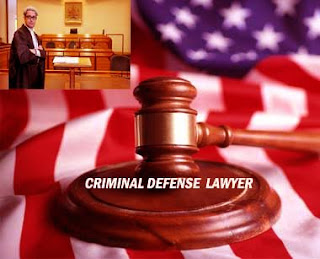Consumers with delinquent accounts constantly receive collection calls from the creditors to retrieve the owed amount. There are many creditors who sell the debt to the collection agency when they fail to retrieve the owed amount. The collection agency often threatens the debtors to collect the outstanding balance by using abusive language as well as exercise illegal collection practices. Therefore, you are required to be aware of the consumer right bestowed by the Federal Trade Commission in order to save you from bad collection agencies.
Buy: Counter Mats | Counter Mat
Buy: Counter Mats | Counter Mat
Some problems that the debtors constantly face are as follows:
- Offensive language
- Sharing debt information of the consumer with third party
- Trying to collect more than the debtor actually owes and without validation of the debt.
- Fake the debtors with forged legal papers in order to shock them.
What are the simple ways to protect against the threatening calls of the collection agency?
FTC has imposed FDCP Act to protect the consumers from the criminal debt collectors. If your debt collector is constantly harassing you retrieve the outstanding dues then you are required to keep the following points in mind.
1. The debt collectors cannot contact you before 8 am or after 9 pm unless you grant permission. You can lodge complaint against the collection agency if they violate the regulation enforced by FTC.
2. Without your permission the creditors cannot contact you for collection propose at your work place.
3. If the collection agency is constantly threatening you then send a certified letter to cease further communication. The collection agency can’t deny the fact that you have sent a letter as it will be evidence that you corresponded with your creditors.
4. Approach an attorney who can guide you regarding the consumer right in order to protect you from the creditors. If you are not aware of the Fair Debt Collection Practice Act (FDCPA) then your lawyer can show you the right path. The creditors will avoid harassing you when you are represented by your attorney. You legal advisor will be a mediator between you and the collection agency.
5. The debtor can lodge complaint against the collection agency if he misrepresents the amount of debt actually owed.
6. According to Section 806(2), a debt collector can’t use abusive language. The collection agency will be violating the rule if he behaves rudely with the debtors.
7. The rogue debt collectors can constantly threaten and compel you to own up that you actually owe the debt that they are collecting. If you are facing a similar situation then you can ask the collection agency to validate the debt before you start paying. Unless the debt collectors provide proper documents to validate the debt till then you are not required to pay. You can file complaint against these collection agencies for forgery.
The debtors are required to be aware of the FDCPA enforced by the FTC in order to combat against the unruly collection agencies. If you find the collection agency is violating the FTC regulation then you can lodge complaint against the debt collectors at the Attorney General’s Office (www.naag.org) or with the Federal Trade Commission (www.ftc.gov).
Remember, if you plan strategically then it will not be a tough job to manage the rogue debt collectors. The collection agencies will not bother you any more if you are clam and know your rights.

